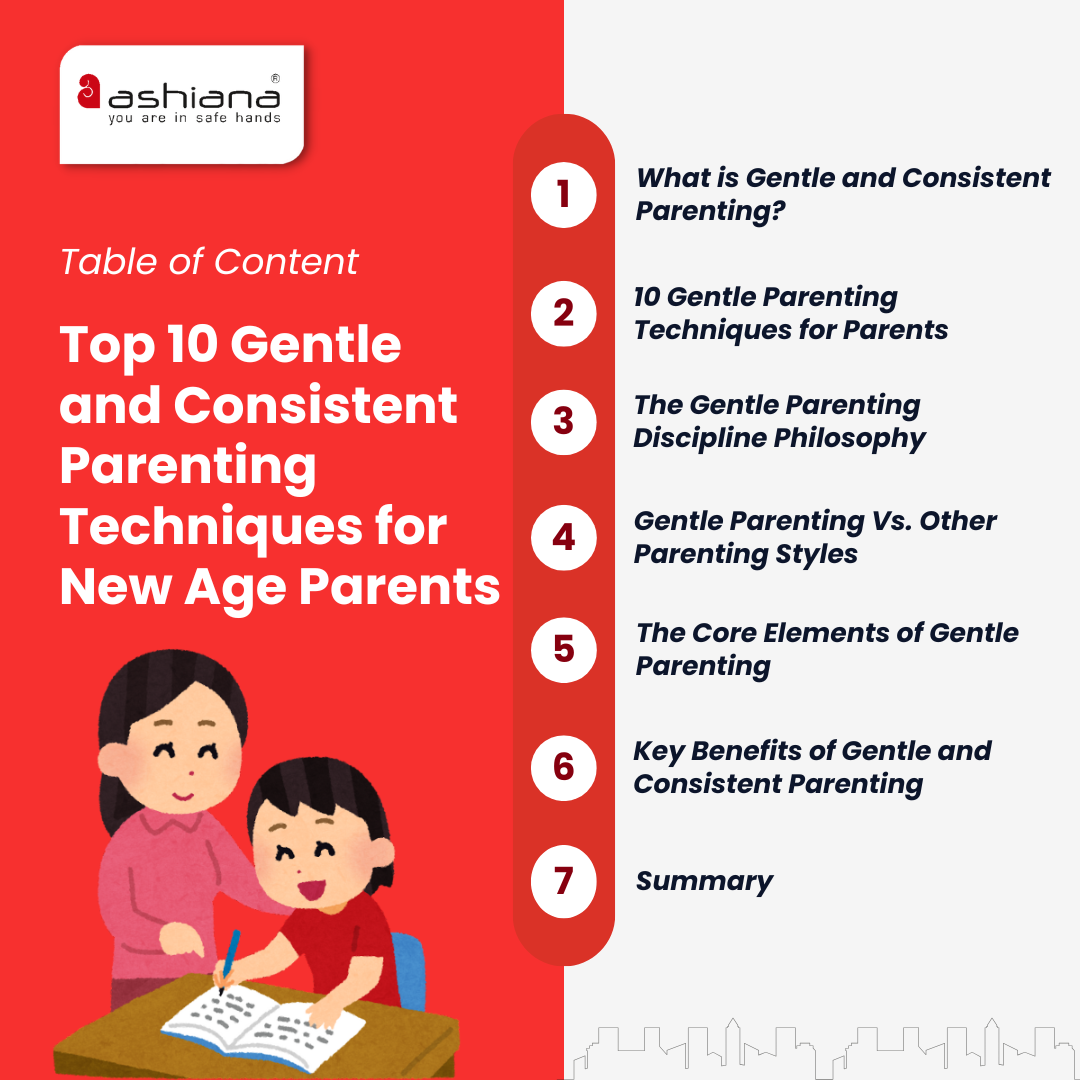Gentle Parenting A Calmer Approach to Raising Kids
Understanding the Principles of Gentle Parenting
Gentle parenting isn’t about spoiling your children; it’s about raising them with empathy, understanding, and respect. It’s a philosophy that prioritizes connection and collaboration over control and punishment. The core tenets revolve around responding to your child’s needs with kindness and patience, even when their behavior is challenging. It emphasizes understanding the reasons behind a child’s actions rather than simply reacting to the behavior itself. Think of it as a partnership, where you work together to navigate the ups and downs of childhood.
Empathy and Connection: The Foundation of Gentle Parenting
At the heart of gentle parenting is a deep commitment to empathy and connection. This means making a conscious effort to understand your child’s perspective, even when you don’t agree with their actions. It’s about acknowledging their feelings – both the positive and the negative – and validating them. When a child feels truly heard and understood, they’re more likely to cooperate and learn from their mistakes. This connection fosters a secure attachment, providing a strong base for healthy emotional development.

Discipline with Kindness: Alternatives to Punishment
Gentle parenting doesn’t mean there’s no discipline. Instead, it replaces punitive measures like yelling, spanking, or time-outs with more positive and effective strategies. This might involve setting clear boundaries and expectations, using natural consequences, offering choices, and providing positive reinforcement. For example, instead of punishing a child for making a mess, you might work together to clean it up, explaining why it’s important to keep things tidy. This collaborative approach teaches responsibility and problem-solving skills.
Understanding the “Why” Behind Challenging Behavior
A key aspect of gentle parenting is understanding the underlying reasons for a child’s challenging behavior. Often, what might appear to be defiance or misbehavior is actually a manifestation of unmet needs – a need for attention, connection, independence, or simply a way to express overwhelming emotions. By taking the time to figure out the root cause, you can address the issue more effectively and prevent similar situations from arising in the future. This might involve looking at things like sleep patterns, diet, and overall stress levels.
Building Resilience Through Emotional Regulation
Gentle parenting plays a crucial role in helping children develop strong emotional regulation skills. By modeling healthy emotional responses and providing a safe space for children to express their feelings, you’re teaching them how to manage their emotions effectively. This might involve helping them identify and name their emotions, teaching coping mechanisms for stress and anxiety, and providing reassurance and support during difficult times. These skills will serve them well throughout their lives.
The Role of Self-Care in Gentle Parenting
Gentle parenting isn’t just about your child; it’s about you too. Practicing self-care is essential for parents who want to approach parenting with patience and empathy. Taking care of your own physical and mental health allows you to be a more present and effective parent. This means prioritizing activities that rejuvenate you, setting boundaries, and seeking support from others when needed. Remember, you can’t pour from an empty cup.
Long-Term Benefits of Gentle Parenting
The long-term benefits of gentle parenting extend far beyond childhood. Children raised with this approach tend to have stronger emotional intelligence, better self-esteem, and healthier relationships. They’re better equipped to handle stress and adversity, and they’re more likely to develop into compassionate and responsible adults. Ultimately, gentle parenting fosters a positive and loving relationship between parent and child, building a strong foundation for a lifetime of connection.
Addressing Common Challenges and Misconceptions
It’s important to acknowledge that gentle parenting isn’t always easy. There will be times when you feel frustrated or overwhelmed. Many parents worry that gentle parenting will lead to spoiled or unruly children, but research shows the opposite is often true. Children raised with empathy and understanding tend to be more well-adjusted and cooperative. It’s a journey, not a destination, and it’s crucial to be patient with yourself and your child as you navigate this approach. Click here to learn about gentle parenting techniques.
